For many workers, slow days atworkcan be a blessing and a curse. On one hand, you get to enjoy a slower pace, usually meaning less stress, but on the other – it’s often when time seems to stand completely still. That is until your boss comes along and gives you something to do, bidding farewell to that brief moment of peace.
This redditorwas no exception, as they, too, were told that there is always something to do in the restaurant they were working at. But that wasn’t the main problem; what seemingly bothered the cook even more was the fact that they were asked to clock out when things got slow.
Scroll down to find the full story below, where you will also findBored Panda’sinterview with an expert in the hospitality industry,Dr. Stanley Suboleski, who was kind enough to share his insight on the redditor’s situation.
RELATED:
Restaurant workers often have to operate in a fast-paced environment
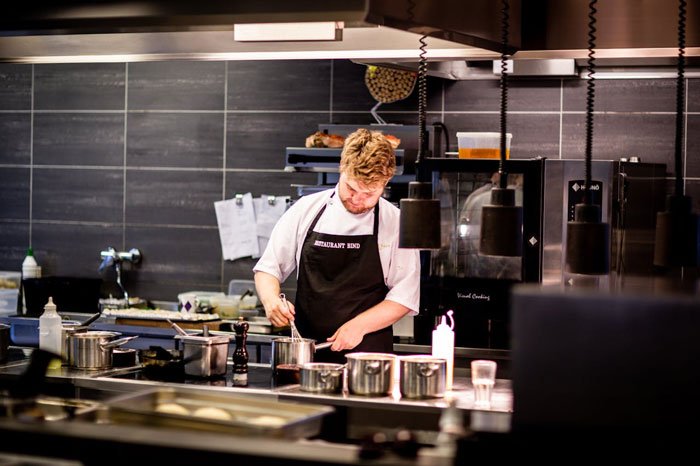
Image credits:Rene Terp / Pexels (not the actual photo)
But when things get slow, some people—like this cook—might be asked to carry out different tasks or even clock out altogether

Image credits:RDNE Stock project / Pexels (not the actual photo)
Image credits:awkward_cheddar
Certain laws and rules regulate when the employee is expected to work and when they have the right not to
Clocking in and out is a somewhat regular practice for hourly workers. However, being asked to clock out when therestaurantgets slow arguably isn’t. After reading about the OP’s situation, quite a few netizens suggested that the boss asking his employees to do that might even be illegal.
One thing that is definitely illegal is working when off the clock. According to Clockify,off-the-clock workentails performing work duties outside of your official shifts—whether before or after—without any compensation. Some of the most common instances of people working off the clock include pre- or post-shift work, administrative tasks, redoing or fixing something, or working over your lunch break.
Even though different laws, like not working on your lunch break, are usually pretty clear and set for a reason, some employers might still try to bend them in a way that works to their favor. For example, some might ask employees to stay on the premises during their lunch break, but, according toSHRM(Society for Human Resource Management), doing that would equal being on-call, consequently making it compensable; and it’s safe to assume that not all employers who want their workers to stay on the premises over lunch break are willing to pay them to do that.

Image credits:Yuliana Kungurova / Pexels (not the actual photo)
“It is illegal to force employees off the clock while still intending to work them intermittently,” expert says
From the looks of it, the OP’s situation might resemble the ‘on-call’ scenario; however, according to Dr. Stanley Suboleski, legally it isn’t. “It is illegal to force employees off the clock while still intending to work them intermittently and this isn’t even legally an on-call situation either,” he toldBored Pandain a recent interview.
“This one is a no-brainer. It is illegal for an employer to force an employee to remain on premises while not clocked in. The Fair Labor Standards Act (FLSA) allows for paid breaks for smoking or visiting the bathroom, but employers cannot legally force an employee to punch out and then wait around for business to appear,” the expert said, expanding on the issue.
“It can be common for the front of the house staff (servers, hosts) to be staggered in their scheduled shift, placed in an on-call status system, or be sent home earlier (or later) than scheduled, based on current and forecasted business levels, but this would be very rare for a cook, as each is usually assigned specific work or a specific production station (grill, fry, sautee, cold line, desserts, or similar) depending on the scale of the operation.

Image credits:Pixabay / Pexels (not the actual photo)
Today, the restaurant industry is far from booming
It’s pretty evident that the OP’s boss wasn’t going through the easiest of times, as neither was his business. But hisrestaurantisn’t the only place where things seem to have slowed down. According to the National Restaurant Association, the overall restaurant sales in the USwere flatduring the first third of this year, showing that the situation is not great for the restaurant industry as a whole.
“While overall restaurant sales were flat in recent months, menu prices continued to trend higher – albeit at a much slower pace than in 2022 and 2023. As a result, the trendline of real restaurant sales turned slightly negative. After adjusting for menu price inflation, eating and drinking place sales declined in 4 out of the last 5 months,” the association wrote on their website in May of 2024.
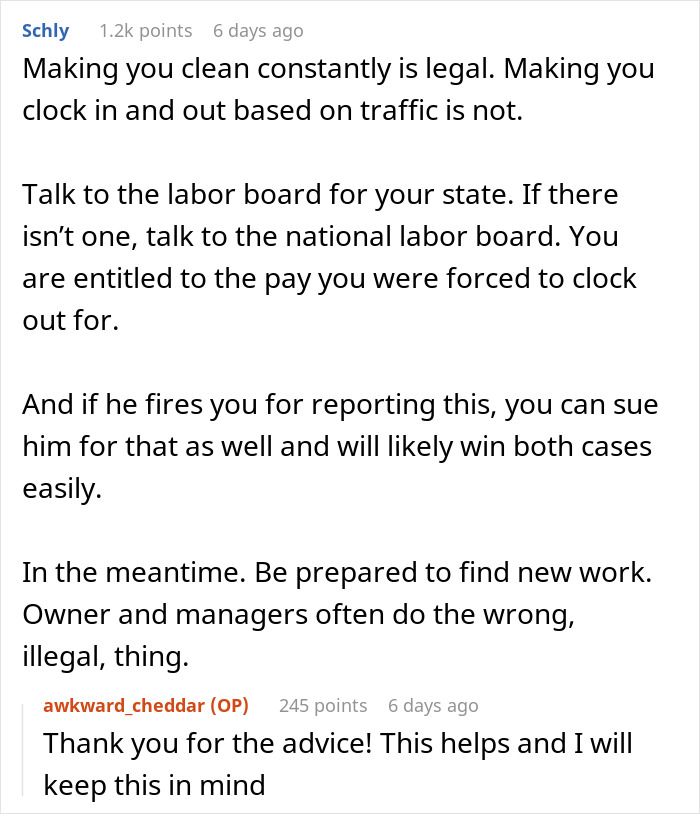
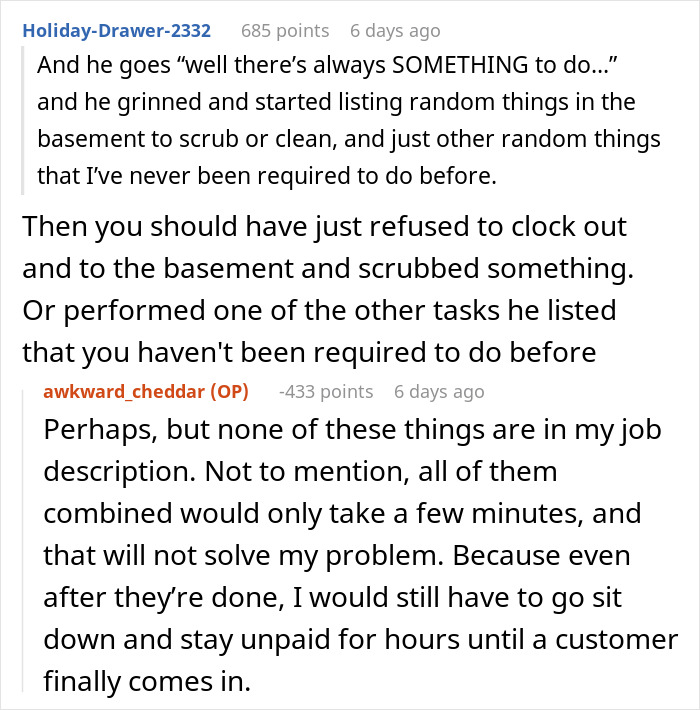
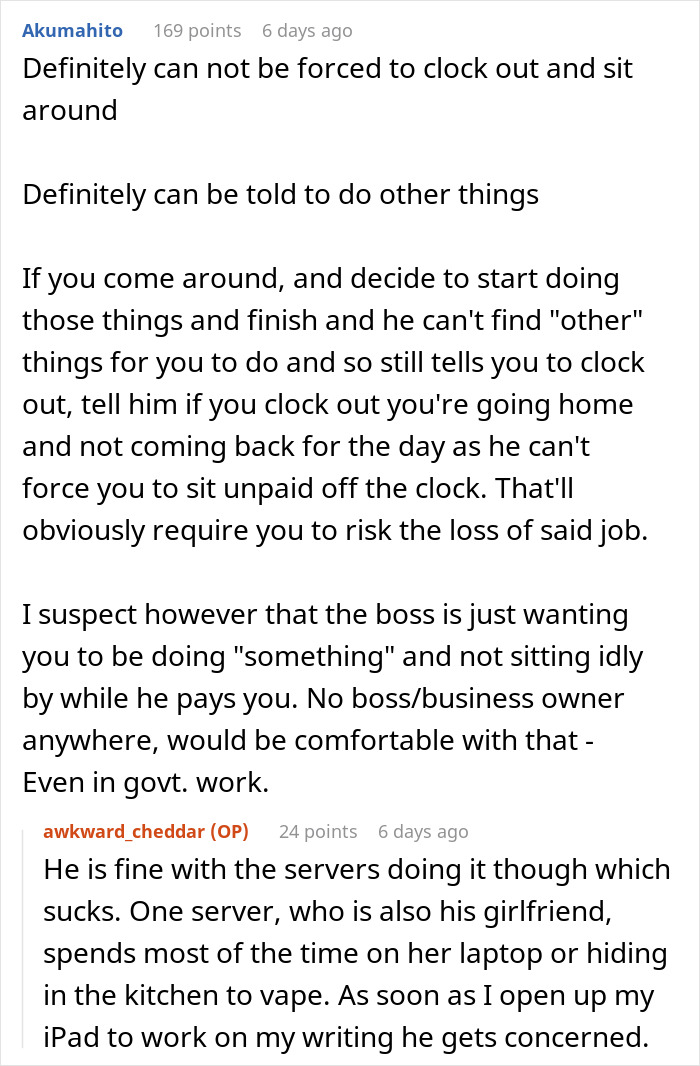
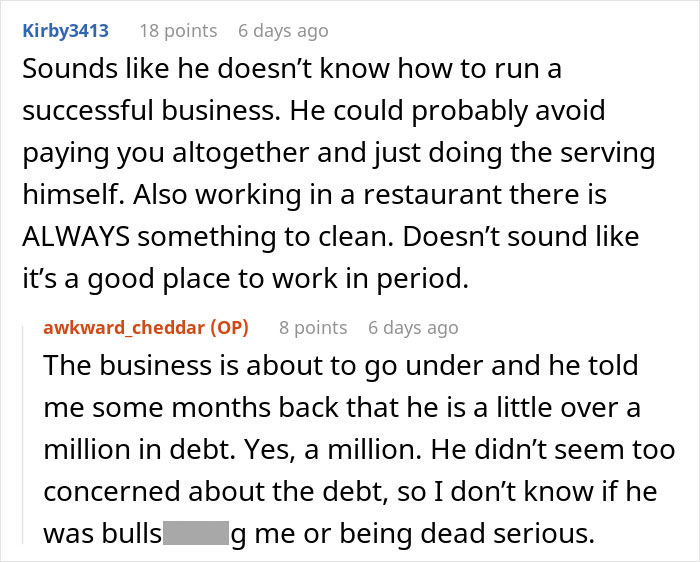
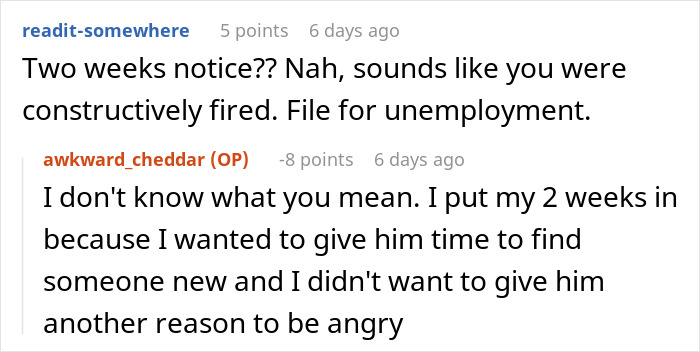
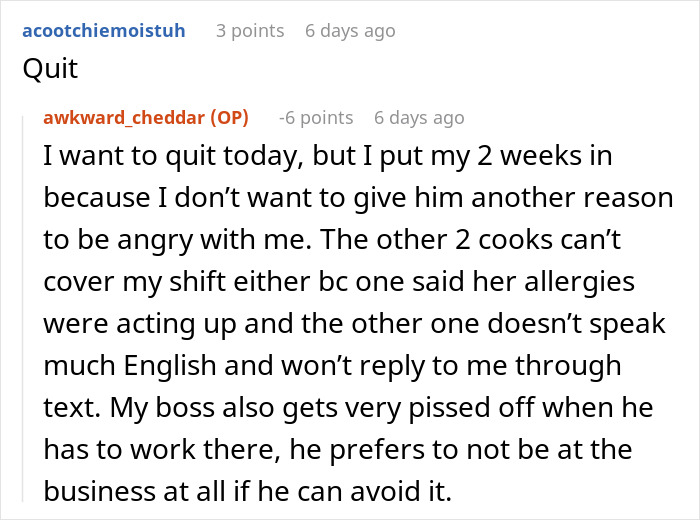
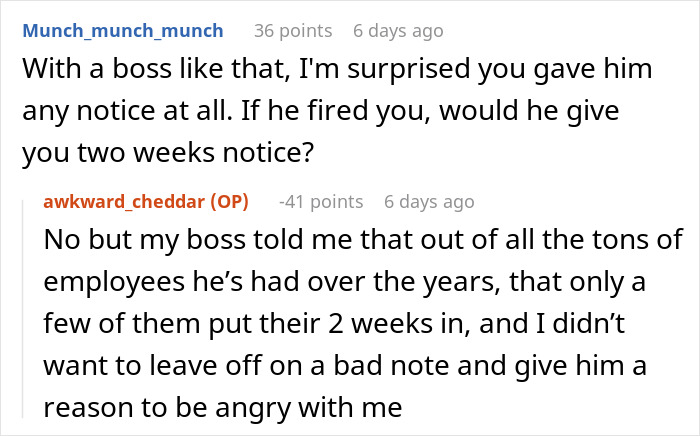
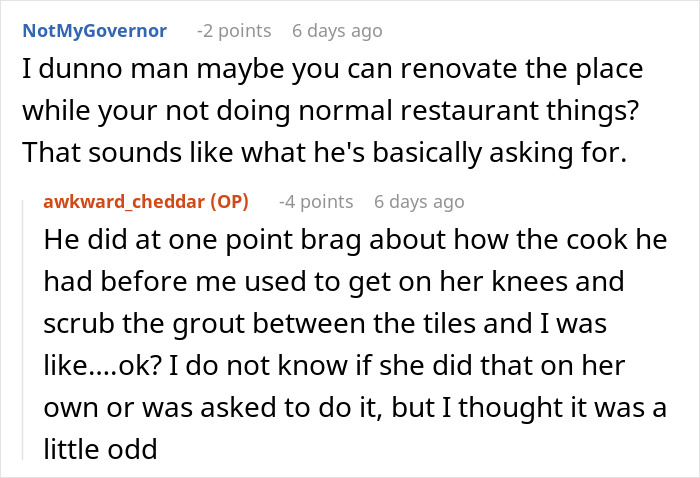



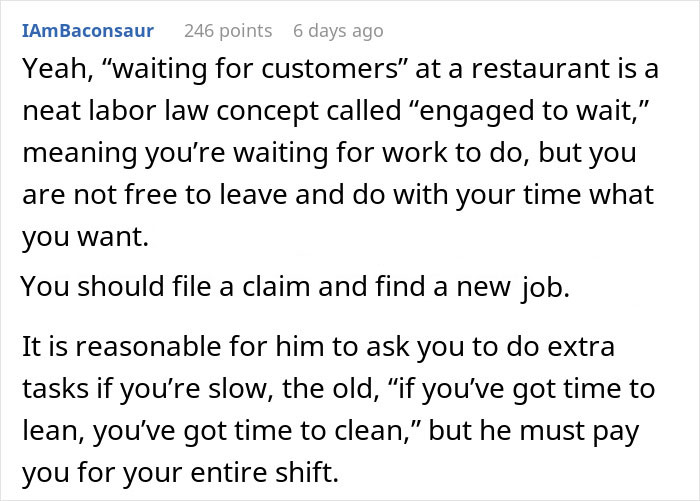
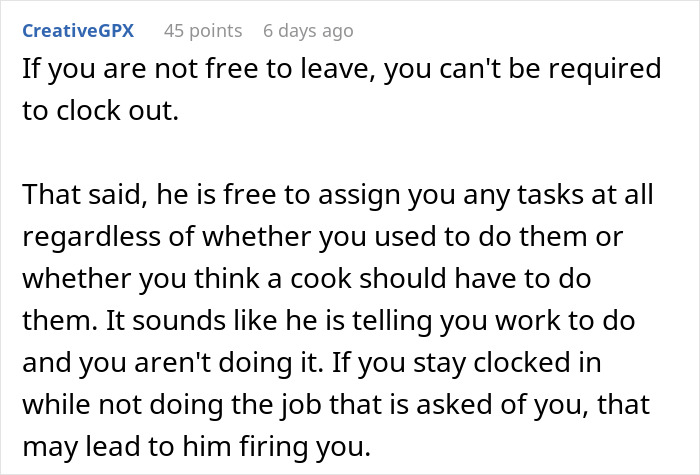


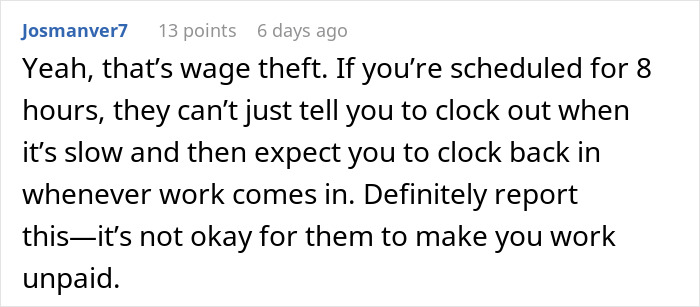

Thanks! Check out the results:You May LikeGuy Works 50+ Hours/Week Only For His Successor To Automate Everything And Have Nothing To DoIndrė LukošiūtėSupervisor Reprimanded By HR, He Leaves Them To Deal With Troublesome EmployeeRūta Zumbrickaitė45 Insane Workplace Moments That Got Legendary StatusJustinas Keturka
Indrė Lukošiūtė
Rūta Zumbrickaitė
Justinas Keturka
Work & Money